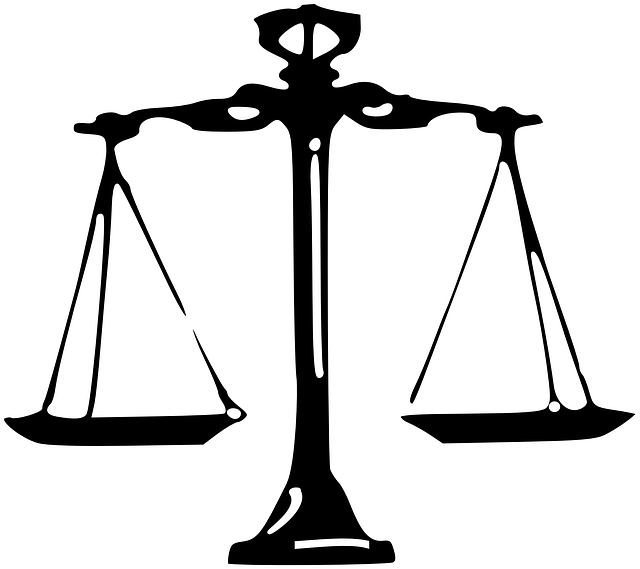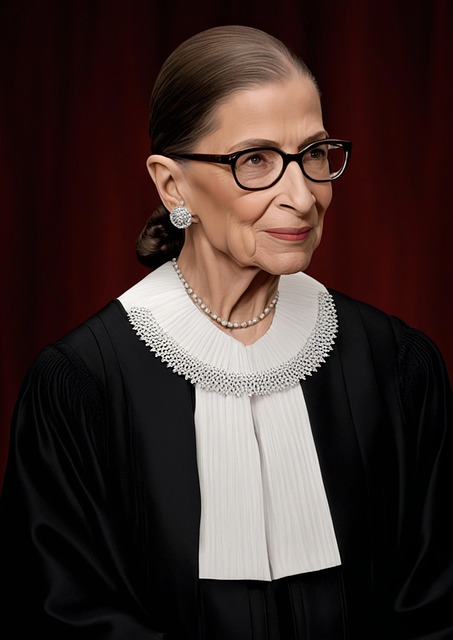Navigating healthcare law's unique challenges during jury selection requires meticulous consideration of prospective jurors' backgrounds and understanding to mitigate biases impacting trial outcomes. Firms employ advanced technology and strategic approaches, including thorough questionnaires and voir dire, to secure diverse, unbiased panels for complex cases, ensuring fair deliberation and exceptional outcomes. Effective jury selection methods streamline processes and address evolving practices nationwide, aiming for impartiality amidst sensitive topics for corporate and individual clients.
In the intricate landscape of healthcare law, understanding the complexities and navigating the challenges faced during jury selection is paramount. This article delves into the multifaceted aspects of healthcare legal practices, exploring strategies to overcome juror biases, efficient methods to expedite selection processes, and ethical considerations in jury selection. By addressing these key areas, healthcare law firms can ensure fair and just outcomes while managing the unique demands of their cases.
- Understanding the Complexities of Healthcare Law
- Strategies for Overcoming Juror Biases
- Efficient Methods to Expedite Selection Process
- Ethical Considerations in Jury Selection Practices
Understanding the Complexities of Healthcare Law

Navigating healthcare law involves understanding a complex web of regulations and policies designed to protect patients, providers, and insurance companies. This intricate landscape presents unique challenges, particularly during jury selection for medical malpractice or healthcare-related cases. The process demands meticulous consideration of potential jurors’ backgrounds, experiences, and knowledge about healthcare practices, as their biases or misunderstandings can significantly impact the outcome of jury trials across the country.
One of the complexities arises from the multifaceted nature of healthcare itself. Juries must comprehend all stages of the investigative and enforcement process, from initial complaints to expert testimony, which can be a challenging task given the technical language and medical jargon involved. Effective jury selection strategies are essential to ensuring fair and informed deliberation, as these cases often carry substantial financial implications and deeply impact the reputations of healthcare providers and facilities.
Strategies for Overcoming Juror Biases

Overcoming juror biases is a strategic challenge that healthcare law firms often face during jury selection, which is a critical phase in litigation involving complex cases. The process of selecting an impartial jury is crucial to ensuring a fair trial for both plaintiffs and defendants, especially in high-stakes legal matters related to white-collar and economic crimes.
Firms must be adept at recognizing and addressing potential biases that may influence the jury’s decision-making. This involves thorough juror questionnaires and extensive voir dire, where attorneys scrutinize prospective jurors’ backgrounds, experiences, and opinions to identify any preconceived notions or prejudices. By engaging in these practices, law firms can effectively manage challenges faced during jury selection, ultimately aiming for a diverse and unbiased panel that will fairly evaluate the evidence presented for his clients’ respective business interests.
Efficient Methods to Expedite Selection Process

In the realm of healthcare law, efficient methods to expedite the jury selection process are increasingly vital as legal professionals strive for achieving extraordinary results. The traditional method often involves navigating a labyrinthine process, which can be both time-consuming and resource-intensive, especially in complex cases. To overcome these challenges faced during jury selection, law firms are adopting innovative strategies. For instance, leveraging advanced technology allows for more targeted and effective juror screening, ensuring that only the most qualified candidates are considered. This digital approach not only streamlines the process but also enhances transparency and fairness.
Moreover, an unprecedented track record in general criminal defense can significantly influence a firm’s ability to select juries effectively. Experience in handling high-stakes cases enables lawyers to anticipate potential biases and concerns, allowing them to make more informed decisions. This strategic foresight, combined with a deep understanding of the local legal landscape, can lead to faster and more successful jury selection, ultimately strengthening the case presentation and outcome.
Ethical Considerations in Jury Selection Practices

The process of jury selection is a critical aspect of healthcare law cases, as it significantly impacts the outcome. Ethical considerations come to the forefront when navigating the challenges faced during this stage. With the aim of achieving extraordinary results for both corporate and individual clients, law firms must ensure a fair and unbiased selection process. Across the country, these practices are evolving to address complex issues.
One of the main challenges is maintaining impartiality while considering potential biases that may influence jurors’ decisions. Healthcare cases often involve sensitive topics, requiring a careful approach to prevent any prejudice. Lawyers and judges must be vigilant in their efforts to create a diverse and representative jury pool, ensuring that final selections are unbiased and capable of rendering just verdicts based on the evidence presented.
In navigating the complex landscape of healthcare law, understanding and addressing the unique challenges faced during jury selection are paramount. From deciphering intricate legal complexities to overcoming potential juror biases, efficient processes and ethical considerations play a pivotal role in ensuring fair trials. By adopting strategic methods to expedite selection and promoting informed decision-making, healthcare law firms can enhance their outcomes while adhering to the highest standards of integrity. This comprehensive approach not only streamlines jury selection but also fosters trust and confidence in the legal system.






